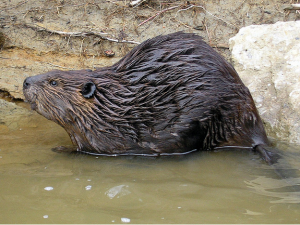Adherence to the revised OSPCA Act
Zoocheck Canada conducted on-site investigations of several Ontarian zoos during the summer of 2011 in order to determine whether they were in compliance with the revised OSPCA Act. They found that few changes had been made, and the animals’ welfare was still very poor. This suggests that zoos are not subject to a sufficient frequency of detailed third-party investigations.
Public Opinions
The Canadian Veterinary Medical Association does not condone the possession of native or exotic wild animal species or hybrids as pets. Because many Canadian citizens look to this association, as well as the OSPCA and CAZA, when considering animal welfare problems, the views of these organizations will influence those of the public. To that end, in recent years the driving pressure for the continual changes to the standards of zoos over the years has been the public pressure to move away from menagerie-type collections.
Ethical Viewpoints
1. Peter Singer
Our moral consideration for animals should dictate that keeping them in small, barren, unclean cages without the proper enrichment, nutrition, or safety, is morally wrong. It should be obligatory that roadside zoo owners provide the best for all of their animals in order to provide the greatest good for the greatest number of animals. As improved conditions would result in a greater professionalism on the part of the zoo, it would also result in increased revenue, which would be beneficial to all involved.
2. Tom Regan
The fundamental wrong is the system that allows humans to view other animals as our resources. However, as the majority of these animals do not have the ability to survive in the wild if the zoos were completely dissolved, Regan’s call for the dissolution of the system is not a plausible solution. Instead it should be ensured that the animals’ inherent value is respected by providing them with all of the amenities required for them to have excellent welfare. It must be recognized that they do not exist to be used by humans.
3. Barbara Smuts
Because this view is closely related to the soft feminist approach, it is probably the more popular view among Canadians, especially those who have not given philosophical views much thought. Smuts’ view is that we must treat animals with respect, attentiveness, care, and in a humble manner.
4. Bernard Rollin
Rollins’ proponents would believe that animal cruelty concerns alone are insufficient as they only address intentional pain to animals, and neglect to address the suffering caused by inappropriate environments. In order to embrace his beliefs we must allow animals to behave according to their nature, which necessitates providing them with appropriate environments that replicate the beneficial aspects of their natural habitats.

